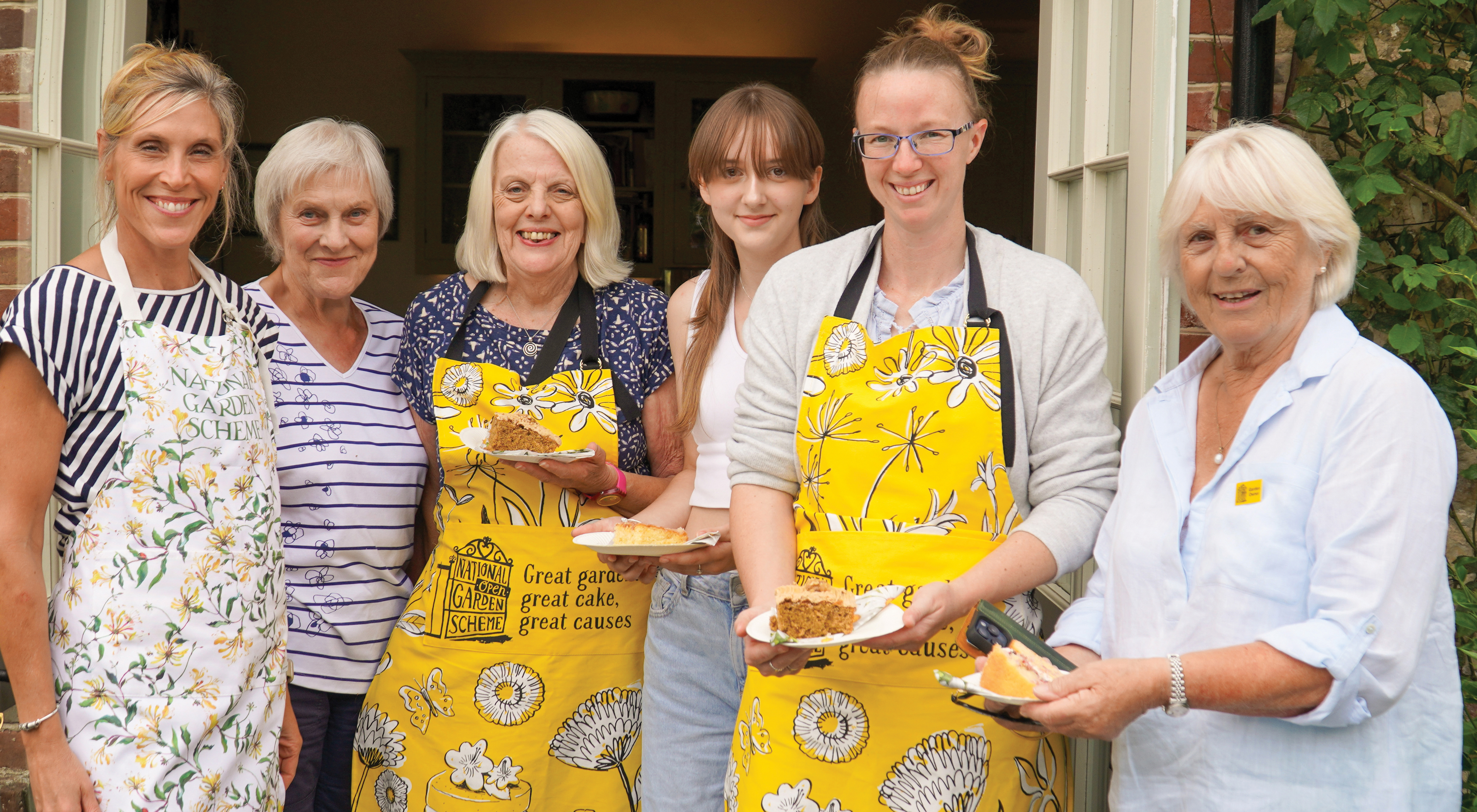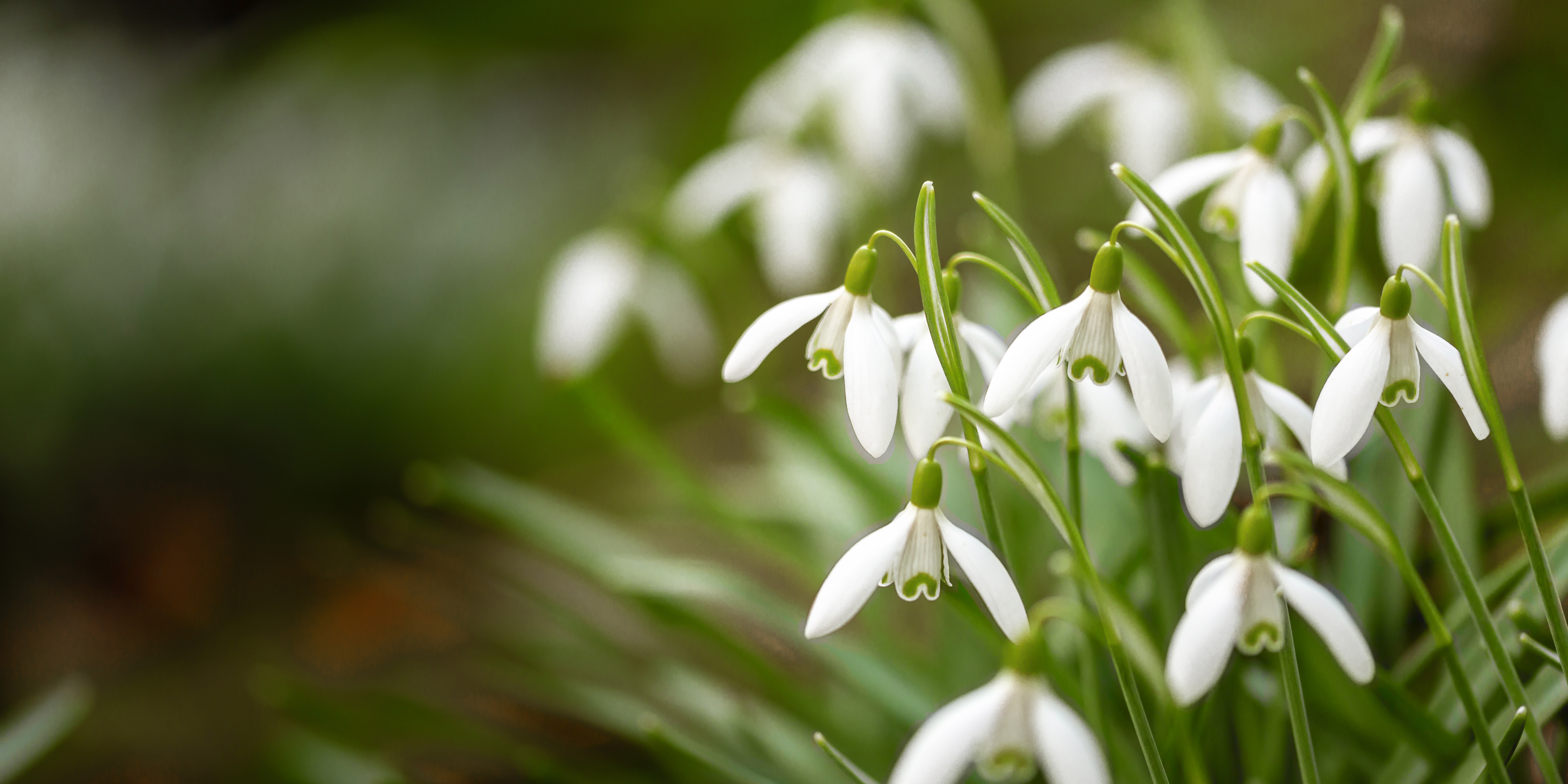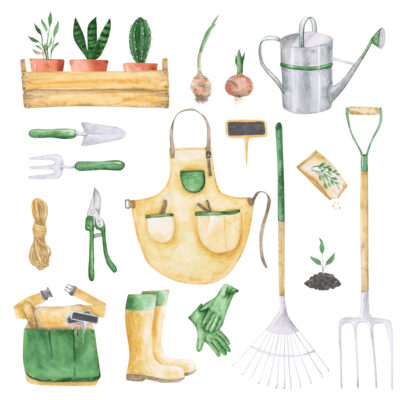Jo Arnell speaks to Pegasus Homes CEO Steve Bangs and floral designer Jonathan Moseley about the wellness benefits of interacting with plants, especially as we age
As we age, our need to connect with nature and with plants remains a key factor in maintaining our wellbeing. The health benefits of getting outside are well known; experiencing the natural world, exercise and fresh air are important for us all, but many positive effects are also experienced when we interact with plants indoors too.
In many later living communities there are accessible outdoor spaces, the best of them even have allotments or gardens where residents can grow plants and vegetables, and interact with nature in a practical and rewarding way. A hands-on experience of nurturing and looking after plants, from growing crops outside to caring for a houseplant or arranging a vase of flowers, provides people with an opportunity to be surrounded by greenery, to actively connect with living plants and gain those all important health and social benefits too.
This is exactly the approach taken by Pegasus Homes, whose latest retirement development, Highfields in West Byfleet ensured that the landscaping reflected the needs of the residents – they were ‘designed to promote a tranquil environment to relax and socialise in’ – along with providing allotments for community gardening and vegetable growing. Featuring two south facing gardens, the beautiful landscaping creates a meaningful space to overlook and enjoy spending time in.
Steve Bangs, CEO at Pegasus, comments on how Pegasus prioritises wellness in its communities:
“At Pegasus, we believe a healthy life is a happy one and the homes we create reflect this. We recognise that many of our downsizing customers are trying something new after many years rooted to a longstanding family home, and the incorporation of wellness facilities such as saunas, gyms and hydrotherapy pools holds a lot of appeal.
However, increasingly we’re finding this isn’t the wellness our homeowners have in mind. We’ve responded to this by adapting what our communities look like, focusing on creating social connection, enabling more interactions with nature, and empowering an overall healthier lifestyle.
At one of our newest Pegasus developments, Highfields West Byfleet, we’ve recognised this by landscaping to promote a tranquil environment to relax and socialise in, along with providing allotments for community gardening. For our Pegasus communities, homeowners are predominantly downsizing and this also means reducing access to outdoor space as well. Having allotments will mean that those with green-fingers don’t have to say goodbye to a healthy hobby, whilst fostering great community spirit amongst homeowners and renters in a shared space.”
‘Wellness is an active process of becoming aware of and making choices toward a healthy and fulfilling life. Wellness is more than being free from illness, it is a dynamic process of change and growth.’ This statement from the World Health Organisation is endorsed by Pegasus, whose ethos is centred on wellness in retirement, in short
“to improve the options for people hoping to downsize and simplify their lives. We wanted to create places that allow people to get the best out of a time of life when we can pursue our passions, live in comfort, and take better care of ourselves.”
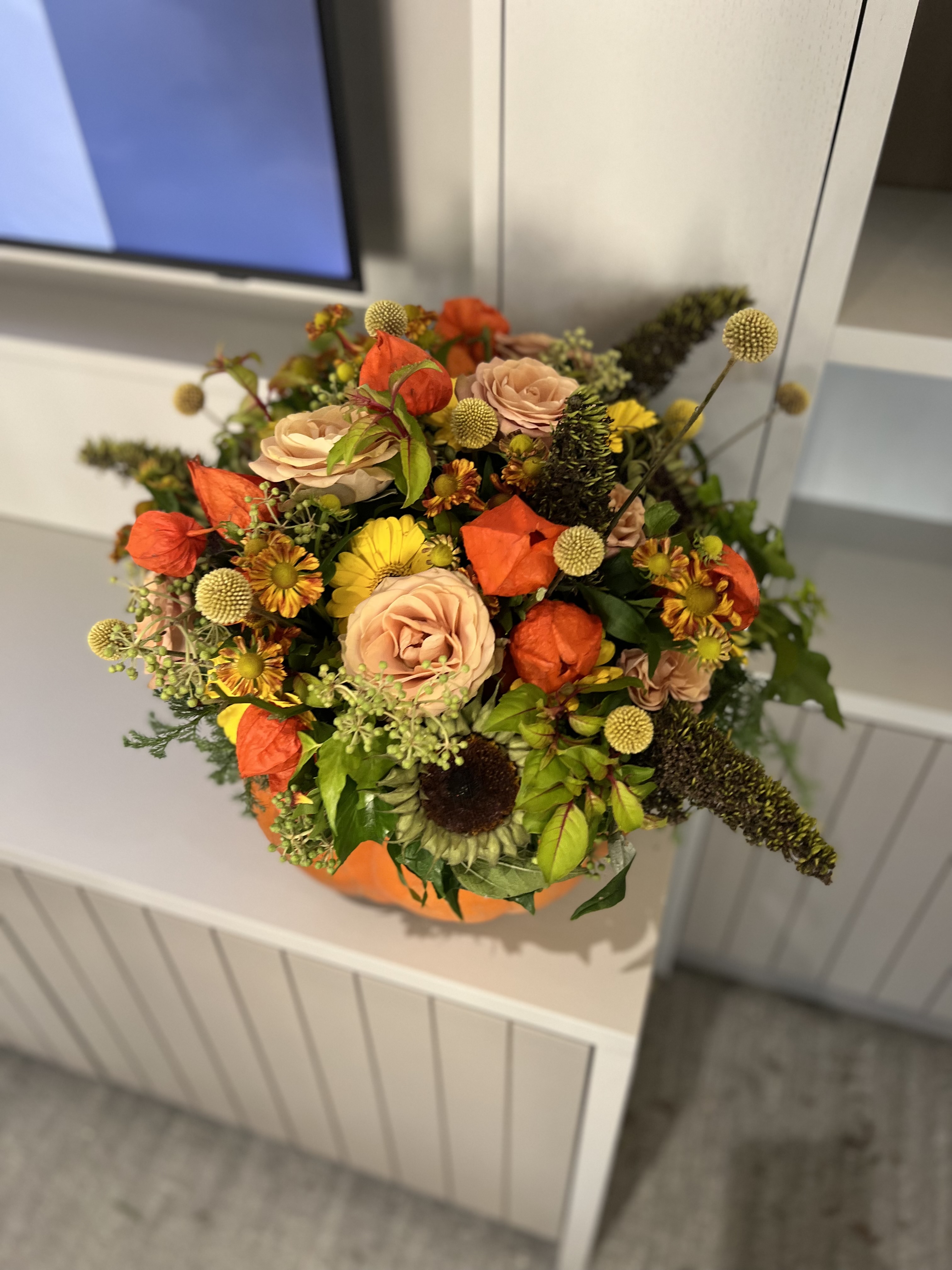
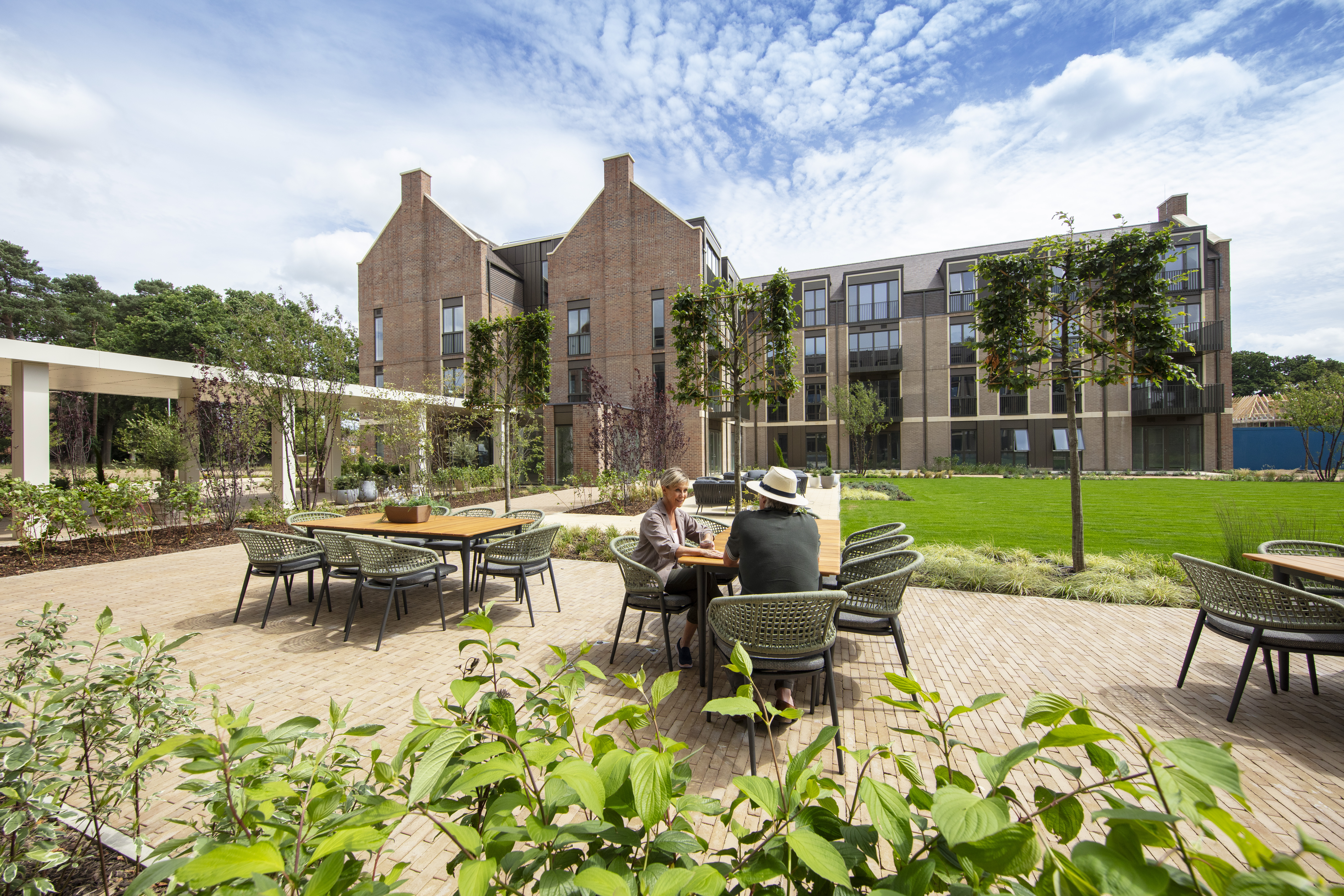
“At Highfields we’ve [landscaped] to promote a tranquil environment to relax and socialise in, along with providing allotments for community gardening. For our Pegasus communities, homeowners are predominantly downsizing and this also means reducing access to outdoor space as well. Having allotments will mean that those with green-fingers don’t have to say goodbye to a healthy hobby”
Outdoor gardening
Mobility and flexibility may become reduced in later years, but you can still garden outside. Being actively involved in an outdoor project is energising and brings a sense of accomplishment, and of anticipation – looking forward to and planning for the future – what plants to grow, crops to harvest. If this is done in a community setting, the social benefits can markedly increase quality of life.
Raised beds are a good option, constructed to the height that best suits. Try lightweight containers, or those on castors.
Trellises and vertical supports will allow for plants to climb upwards to enable easy access. Make sure that there is a bench nearby, or chairs for a rest in between tasks, or for sitting and admiring achievements.
There are lots of ingenious tools available and are ergonomic, which means they are designed for both efficiency and comfort. Some have been made for people with arthritis and mobility issues.
Automatic watering systems make the arduous and often heavy work of watering redundant, providing they are set up correctly and can be adjusted to suit the prevailing weather. Because the nozzles are pointed directly at the parts of the plants that need it, they can potentially be water-saving too.
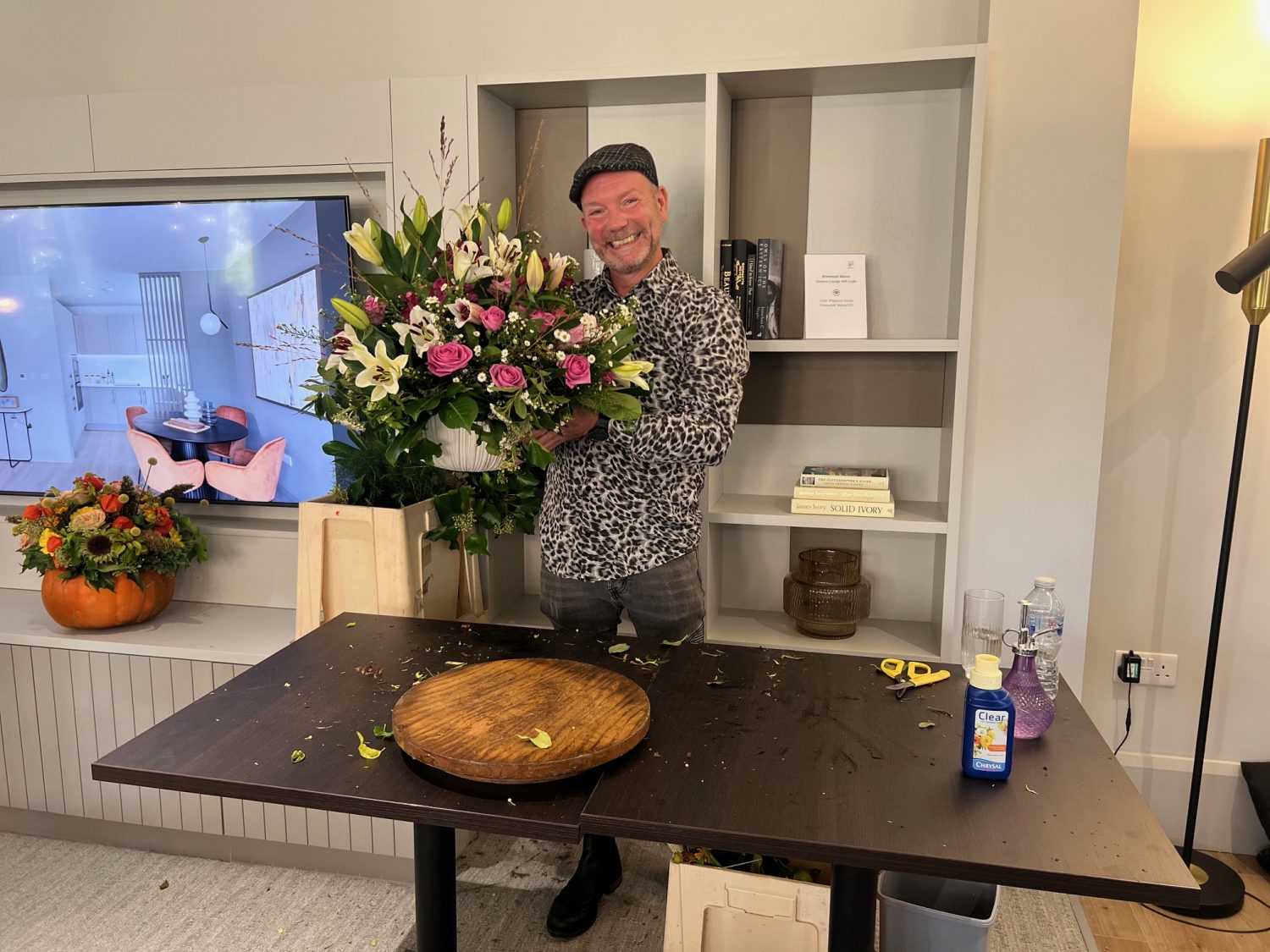
“For me spring flowers are arguably my favourite blooms to work with and the fact that many are UK grown and relatively inexpensive makes them attainable for everyone to enjoy.”
Jonathan Moseley, floral designer
Indoor gardening
Imagine a life where you might be, through immobility or illness, trapped inside for most of the day, unable to step outside for a breath of fresh air, to go for a walk, or do some gardening. Feelings of isolation and depression can result, but health and wellbeing benefits can still be gained from interacting with nature in an indoor situation. Activities like tending to houseplants, propagation and flower arranging are all beneficial, raising self-esteem and promoting a feeling of achievement.
Pegasus Homes connects with external providers, like Jonathan Moseley, a well known floral designer, who has hosted events at Highfields. Jonathan shares his thoughts on the benefits that flowers and nature can bring to our wellbeing in later life, and offers some top tips on creating colourful displays in small areas, and ideas for making cut flowers last longer:
“Spring flowers offer such welcome cheer after the dark cold days of winter. A bunch of daffodils or hyacinths can immediately cheer up a room or offer the most intoxicating fragrance. For me spring flowers are arguably my favourite blooms to work with and the fact that many are UK grown and relatively inexpensive makes them attainable for everyone to enjoy.
Many Spring flowers like tulips, narcissi, iris and hyacinths are bulb flowers and the soft fleshy stems are best arranged in shallow water as opposed to deep water. Always add flower food into the water when arranging your flowers as the sugars and minerals which it contains will enable buds to fully mature into large flowers.
Flowers like tulips, which continue to grow once they have been cut, benefit from having extra foliage or twigs to support the top heavy flowers. Try mixing them with twiggy birch stems, pussy willow or aromatic eucalyptus.
Small delicate flowers like snowdrops, muscari, anemones or primulas look stunning arranged into mini vintage ceramic flower rings or ‘glass flower frogs’ which can be easily sourced from charity or vintage/junk shops. Mix them with fragrant herbs like rosemary, mint or sage to create a wonderfully fragrant display.
Branches of early spring flowering shrubs like forsythia, ribes (flowering currant), cornus, witch hazel and cherry blossom can be gathered early before the buds begin to open. Place the bare branches in a vase of water in a warm room and they can be miraculously forced open when placed into flower within a couple of weeks.”
Pegasus has done some research recently with the over 55s and found that 57% of respondents enjoy hobbies to keep them mentally active. It is well known that socialising plays a huge role in mental wellbeing too, and access to communal spaces – both indoors and outside – offer wonderful opportunities to come together and enjoy a new hobby with like-minded people.
From tending a garden to cultivating a pot plant on a windowsill, research by the Mental Health Foundation highlights the critical role of nature in supporting good mental health and encourages people to connect with ‘everyday’ nature close to home to maximise the benefits it can bring to our wellbeing, whatever our age or ability.
To find out more about Pegasus’s new community, Highfields, and their other developments, visit pegasushomes.co.uk.
Jo’s gardening courses starting
in spring are now booking.
Call 07923 969634 or see hornbrookmanor.co.uk
You may also like
At the heart of the garden
Jo Arnell speaks to Vicky Flynn at National Garden Scheme about the horticultural gems open in aid of nursing, health and gardening charities across the South East For almost 100 years the National Garden Scheme has been opening gorgeous gardens...
The Bravest Blooms
Banish the winter blues – cheer up pots and borders with some welcome early flowers with expert advice from Jo Arnell February is a short, sharp month – some years shorter (and sharper) than others – but the light is...
Just one pruning thing
Jo Arnell tackles the complexities of this often dreaded garden task Pruning can seem daunting – and sometimes like one of the dark arts – every plant seems to need a different approach at some other time of the year....

